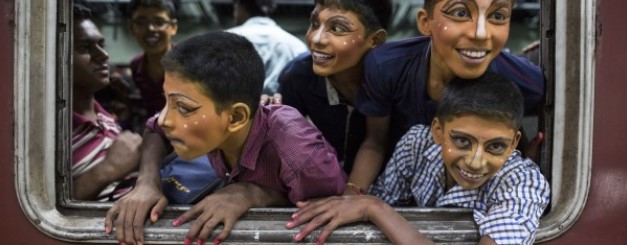T. Ramakrishnan.
The Sri Lankan government has decided to establish a secretariat to coordinate activities of various players engaged in reconciliation.
The proposed secretariat will develop a plan on institutions such as the Office on Missing Persons and the Truth, Reconciliation and Prevention of Conflicts Commission.
It will follow up the progress of implementation of recommendations made by various panels, including the Lessons Learnt and Reconciliation Commission and the Office of High Commissioner for Human Rights, apart from coordinating with the Sri Lanka Human Rights Commission. It will also observe discourses on reconciliation mechanisms.
One of the government bodies working in the area of reconciliation is the Office for National Unity and Reconciliation (ONUR), which is headed by former President Chandrika Bandaranaike Kumaratunga. The ONUR came into being after Maithripala Sirisena was elected as President in January this year.
‘Find solutions’
Meanwhile, a study conducted by the Centre for Policy Alternatives (CPA), a Colombo-based independent organisation, during October-November revealed that a predominant section of Sri Lankans wanted the government to address the root causes of the ethnic conflict. Of about 2,100 persons interviewed in all 25 districts, 80.6 per cent were for this course of action to be taken.
Of the four major ethnic groups, 87.6 per cent of Muslims and 80.1 per cent of Sinhalese shared the opinion, while 79.3 per cent of Upcountry Tamils and 78.4 per cent of Sri Lankan Tamils had this view.
Asked for feedback on the government’s efforts in addressing the root causes of the conflict, nearly 57 per cent of the people expressed satisfaction whereas about 19 per cent did not.
From an ethnic perspective, 48.7 per cent of the Sinhalese; 74 per cent of the Tamils; 84.2 per cent of the Upcountry Tamils and 86.5 per cent of the Muslims were satisfied
The Hindu
